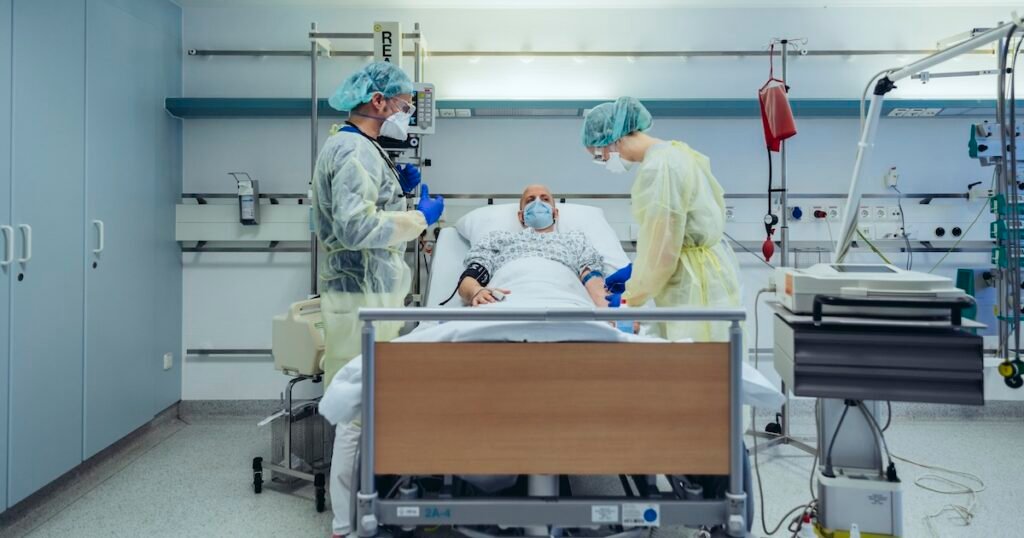South Korea’s Ministry of Health and Welfare is taking a significant step towards improving healthcare infrastructure with a new initiative to launch a network of remote ICUs in regional hospitals. The ministry has allocated 2.5 billion won ($1.7 million) in funding for this project, which is set to be implemented next year.
The core of this network will be an integrated control center that will monitor the status and condition of patients in ICUs across small and medium-sized hospitals. This control center will feature an alarm system designed to quickly detect any deterioration or worsening conditions in patients. Staff will be available around the clock to monitor patient status, bed utilization, and any abnormal symptoms. In addition, the control center will facilitate collaboration among hospitals when necessary.
Initially, two regions and their medical hospitals will be selected to establish remote ICUs next year, with the goal of having these ICUs fully operational by 2026. This initiative is part of the ministry’s efforts to address the lack of healthcare resources and infrastructure in regional medical institutions, as well as to enhance the capability of regional hospitals to treat critically ill patients.
Studies have shown an increase in ICU bed rates per 100,000 adults in South Korea over the past decade. However, there are significant regional disparities in the distribution of ICU beds and length of stay, with two regions accounting for nearly half of the country’s total ICU capacity. Researchers have projected that ICU bed occupancy could double by 2030, highlighting the need for initiatives like the remote ICU network.
In addition to the remote ICU project, South Korea is also focusing on improving emergency department services. The Ministry of Health and Welfare recently announced a $17 million project to develop an AI-driven clinical decision support system for emergency departments, involving major hospitals in a five-year collaboration. Other AI-based emergency systems are also in development as part of the Korean Advanced Research Projects Agency for Health.
Director Koh Hyung-Woo of MOHW Advanced Medical Support emphasized the importance of utilizing Korea’s advanced ICT technology to promote information exchange between hospitals as an effective solution to address the challenges faced by regional medical institutions. This new initiative holds great promise for enhancing healthcare delivery and improving patient outcomes in South Korea.


